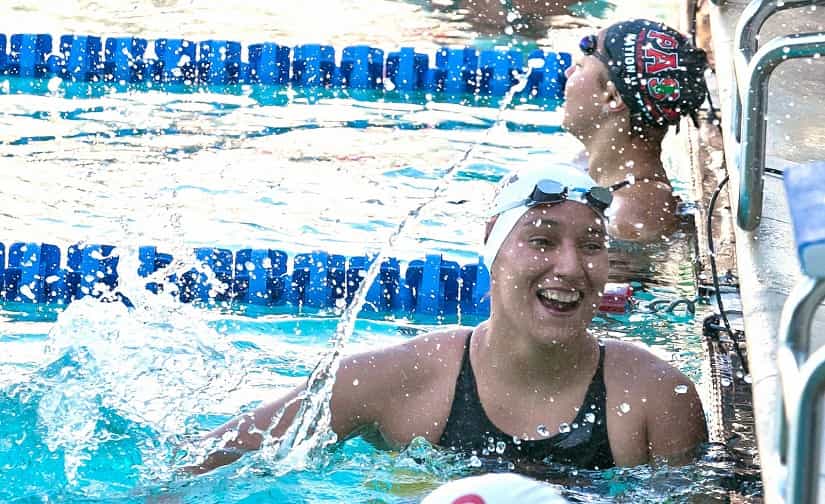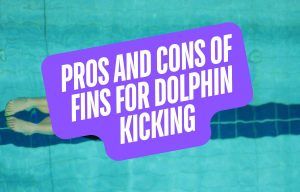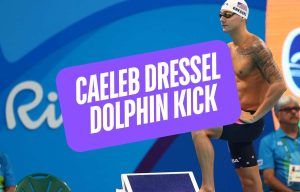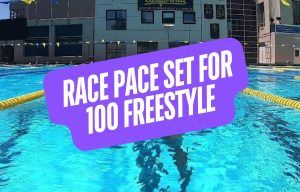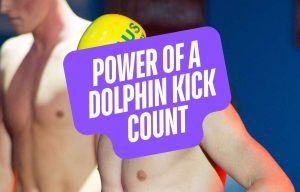Want to boost your performance in the pool? Here’s how to do it without swimming a single extra meter or yard.
We are a culture of more. More power. More speed. More, more, more.
But if you are seeking to make some big moves in the pool this season the solution isn’t always more meters.
In fact, if you are already making the absolute most of the time already available to you (and let’s be honest, very, very few swimmers truly make the most of every meter they have), the improvement you want isn’t in the pool—it’s to be found between your swim practices.
By cleaning up your nutrition, your rest, and throwing in some mental training you can give the hard work you are already putting in stretch much farther.
Here are three ways that you can get more from your swimming:
1. Power up your practices with more sleep.
I started off with this one because it is, or at least it should be, the easiest thing to work on. After all, who doesn’t love more sleep?
The performance benefits of added sleep have been shown over and over and over again, with sleep deprivation affecting everything from psychomotor function (tired = grumpy), to reaction time and perceived exertion (in other words, the usual work is that much more tiresome or difficult).
You are a high performance athlete. And despite what the “sleep when I am dead” quote-boxes on Instagram will tell you, it’s an essential part of your recovery and overall performance. The harder you train, the more you are sleeping.
8 hours is fine for most sedentary humans, but you are basically Batman with the amount of training you do, and should sleep accordingly. Think of eight hours per night as more of a baseline than a target.
2. Fuel up for faster swimming.
Just like getting enough sleep every night, proper nutrition is emphasized by coaches and parents from day one. We are told the importance of proper nutrition so often that I think for most athletes the message gets lost.
“Yeah, yeah, I know,” seems to be the dismissive response from most athletes when the topic comes up.
One study of national level swimmers showed “sub-optimal dietary habits” that included not getting enough nutrients, taking supplements improperly, and high fat intakes. And these are professional, national team members.
See Also: 5 Quick Nutrition Tips for Competitive Swimmers
You already know the basics: drink lots of water by having a water bottle on your person at school and during practice (and yes, you are sweating while in the water so hydration is critical). Tag team protein and carbs after practice for recovery. And spend a majority of your shopping dollars on the periphery of the grocery store.
The way you fuel your body will show itself in how you perform at practice.
3. Get your mind right.
Why do some swimmers give up when things get tough, while others persevere? It’s not about talent or genetics—it’s mental toughness.
And while we tend to view mentally tough swimmers as being naturally endowed with resilience, in reality it is something that is learned. To be mentally tough is a lot of things, but in particular it is being able to focus and stay on an even keep when things are adverse.
See Also: 6 Benefits of Mental Training for Swimmers
It’s being able to coach yourself through a really, really hard set. It’s being able to have perspective when things aren’t going your way at the big meet.
Start with some basic mindfulness work.
The ability to be able to calm your thoughts, and not let yourself get carried away mentally the moment things aren’t going your way is an invaluable skill, and one that you can pick up with a modest investment of time.
The Takeaway
Swimming faster isn’t rocket surgery.
The funny thing is that everyone knows that these three things can dramatically improve performance. And yet most athletes still won’t do them as well as they could, and would rather focus on getting fancy new gear, or the latest supplement, or seek for a silver bullet solution to their goals in the water.
With a basic amount of effort invested in these three areas, however, you will be ahead of 99% of the other swimmers in your lane, and you won’t have to swim an extra meter to make that improvement happen.

